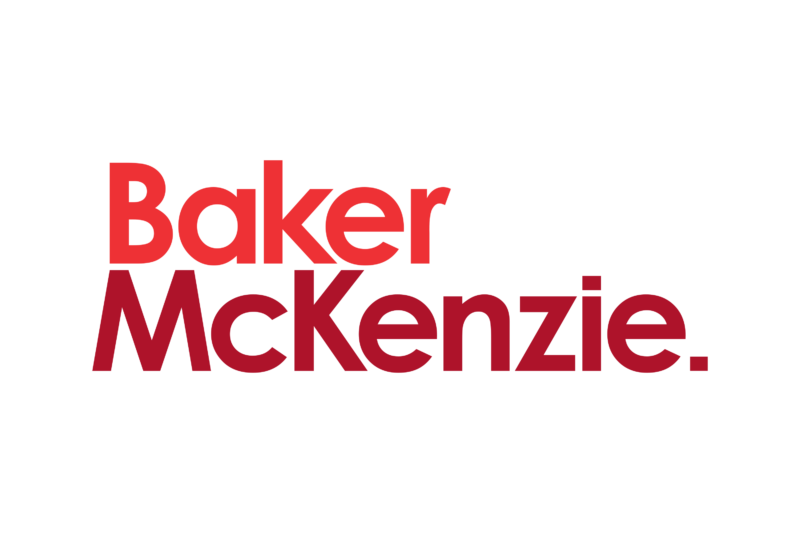Now Reading: Alcoholism and Employment Law
-
01
Alcoholism and Employment Law

Alcoholism and Employment Law
It is a well-known fact that alcoholism causes problems in personal relationships, but what many people don’t realize is that it can also lead to employment law issues. In this article, we will explore the problems of alcohol and employment, and determine, can you be fired for being an alcoholic?
Employment law is the body of law that governs the relationships between employers and employees. It includes things such as wrongful dismissal, sexual harassment, and discrimination.
Let us then think about employment specifically concerning alcoholism.
Type of Employer
If the employer sells alcohol as part of their business, an employee can be fired if they are an alcoholic.
Airline pilots, ship captains, or bus drivers would pose a risk to their passengers if they were intoxicated by alcohol and their judgments were impaired. In the case of bus drivers or perhaps taxi drivers, the rules of the road are, in any case, against drinking and driving above a certain limit, or at all, depending on the different states within America.
It will be unwise for a teacher who is in charge of a group of children to mix both alcohol and teaching. Children look up to their teachers and it won’t put them in a good light if they are drinking on the job. Alcoholism, in this instance, would need to be very carefully managed.
Nurses and doctors can often be making life-influencing decisions and so drinking on the job should be banned. This type of strictly-controlled job can be a good thing for a former alcoholic because it won’t provide them with the opportunity to drink alcohol. However, if they do, it could prove extremely dangerous and problematic for patients. There would need to be no alcohol remaining in their system the following morning to hamper decision-making.
Factory workers will often operate dangerous machinery, so employers will be keen that employees do not pose a danger to themselves or others under the Health and Safety at Work Acts that exist pretty much everywhere.
Alcohol might prove a stress reliever to some but can be taken too far and turn someone into an alcoholic, which has all sorts of legal implications employment-wise.
Rules of Employment
If the employer has a zero-tolerance policy for alcohol or drugs in their workplace, this employer can fire any employee under their employment that uses, possesses, or distributes alcohol at work.
If it is in the employment contract about not drinking, then not adhering to this will be considered an act that can be viewed as gross misconduct and so result in an employee’s immediate dismissal.
Employment Testing
Employers will often test for alcohol and drugs as part of their pre-employment screening process. This is to ensure that they are hiring employees who are sober and can perform their duties safely. Employees may also be tested randomly or if there is any suspicion of alcohol or drug use.
The dangers of having an employee work that is under the influence of alcohol, for instance, might be:
- An intoxicated worker is more prone to accidents or injuries.
- Alcoholics are also more likely to miss work due to their addiction, leading to the necessity for employment law issues and wrongful dismissal cases.
- Drunkenness at work can lead to decreased productivity and disruptive behaviour.
- In some cases, an alcoholic might engage in illegal activities while at work to procure alcohol.
Legal Help with Alcoholism
Employment law attorneys can help employees who are alcoholics by ensuring that their rights are protected. If an employee is fired for being an alcoholic, a lawyer can help to determine if the firing was legal and explore possible legal remedies.
An employee’s alcoholism may be considered a disability under the Americans with Disabilities Act (ADA). The ADA prohibits discrimination against individuals with disabilities in employment. If an employer takes adverse action against an employee because of the employee’s alcoholism, the employee may have a claim for disability discrimination.
If you are an alcoholic, it is important to know your rights as an employee. You should also seek legal counsel to help protect yourself from wrongful dismissal or employment law issues.










